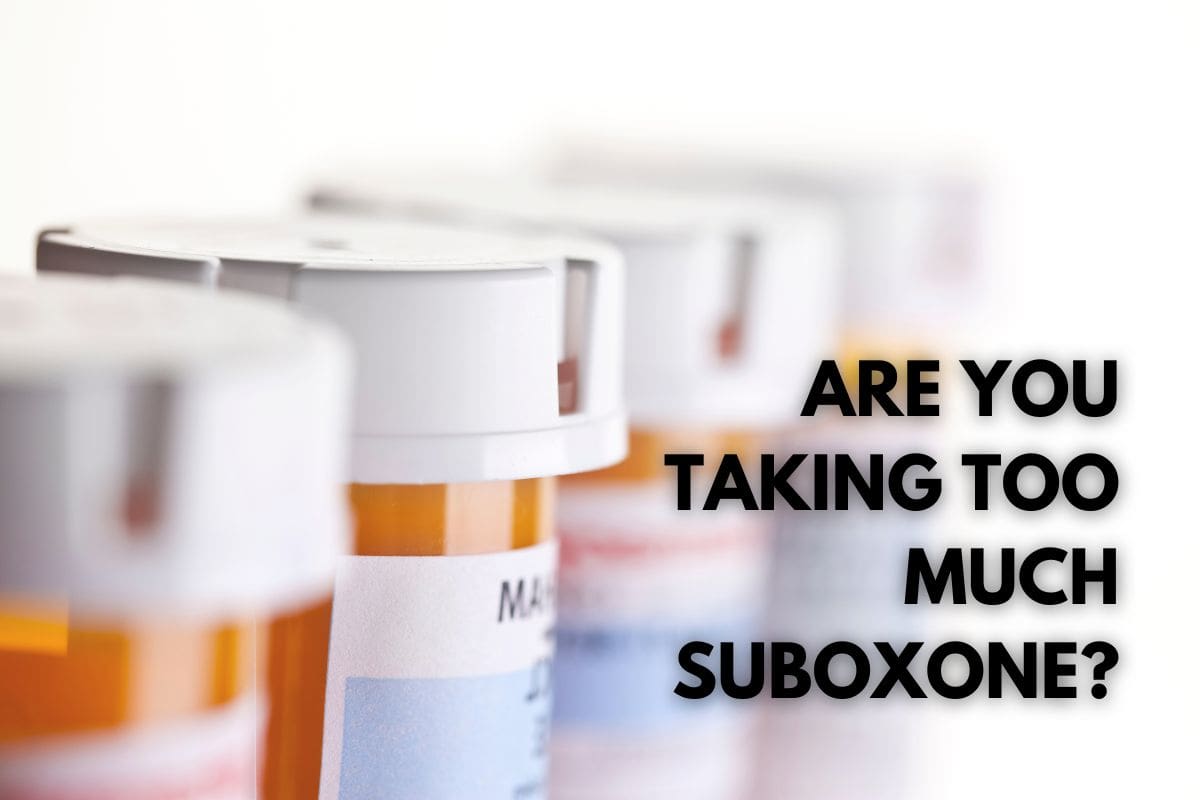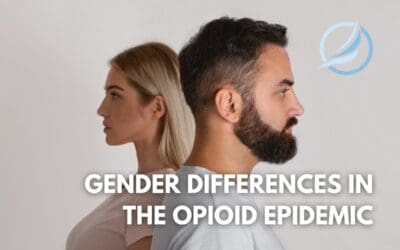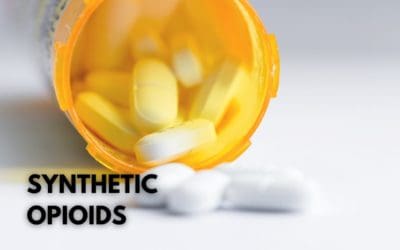Suboxone is a brand name for buprenorphine, which is an opioid medication. It has been used to treat both pain and addiction to other opioids. Like any other drug, it can be abused or used to get high. Like other medications, suboxone has short-term and long-term side effects. In this article, we’ll explore the signs that you or someone else is taking too much suboxone and how to take it safely.
Signs You Are Taking Too Much Suboxone
Suboxone comes in two forms: film strips and dissolving tablets that you place under your tongue. The film strip is placed between your gum and lip, where it dissolves slowly over about 30 minutes for 12 hours of relief from cravings and withdrawal symptoms. The dissolving tablet dissolves underneath your tongue within five minutes for eight hours’ worth of effects.
Despite being a safe medication when consumed with no underlying health issues and as instructed by doctors, it is possible to use too much suboxone and suffer an overdose. These are some of the early signs of a suboxone overdose:
- Excessive drowsiness, tiredness, and fatigue
- Falling asleep and being unable to be woken up
- Collapsing or fainting due to dizziness and impaired functions
- Irregular, shallow, and stopped breathing (respiratory depression)
- Irregular heart rate
- Extremely constricted pupils
- Erratic eye movement
- Blurred vision and incoordination
- Brain fog (reduced cognitive abilities)
- Tearing
- Profuse sweating
- Loss of appetite
- Nausea, vomiting, fever, and diarrhea
- Muscle aches
- Increased blood pressure
- Poor memory
- Depressed and apathetic mood
- Erratic behavior
How Likely Are You To Overdose On Suboxone?
Although unlikely, it’s possible to overdose on suboxone. The risk of overdose is higher for people with low opioid tolerance because they are not used to the effects of opioids on their bodies and therefore have not developed a tolerance to them.
Such people may experience a “high” when consuming suboxone. Still, people who have struggled with opioid abuse for months or years are unlikely to feel like this. Opioid users have developed such a tolerance for opioids that the milder effects of suboxone won’t register as a “high.”
Nonetheless, it is possible to overdose on suboxone.
Medications that contain buprenorphine but not naloxone, like Subutex, carry a slightly higher risk of overdose.
Most of the time, naloxone (an opioid blocker) is inactive when taking Suboxone. But if you take an excessive amount or tamper with the medication in some way (like grinding the pills), naloxone activates and minimizes the opioid effects.
This “failsafe” mechanism makes suboxone safer than buprenorphine-containing medications that don’t contain naloxone.
What To Do In Case Of A Suboxone Overdose?
Suboxone overdoses come with an added layer of complexity compared to other opioid agonists since naloxone, the life-saving medication often used to revert opioid overdoses, is already present in suboxone.
While applying a naloxone dose does help in the short term to reduce the effects of the opioid overdose, it may lead to debilitating withdrawal effects once the receiver comes to their senses.
In case of an overdose, apply naloxone and call emergency services. They’ll be able to provide the best care for the person who overdosed.
Keep in mind that suboxone overdoses are generally linked to risky consumption behaviors. Overdoses caused by suboxone alone are rare, but individual differences may increase the risk. When taken appropriately, suboxone is a safe medication with potentially life-saving effects.
Treatment for Suboxone Addiction
Suboxone treatment is most effective when used in combination with behavioral therapy. The goal of treatment is to reduce cravings, ease withdrawal symptoms, and stabilize the brain’s chemistry by allowing you to taper off the drug gradually.
In other words, you will still have some level of dependence on Suboxone as long as it remains in your system–but with proper monitoring by doctors and therapists, this dependence can be managed safely.
If you’re considering rehab for suboxone addiction, it’s essential to understand the process. Rehab for suboxone addiction can vary from person to person and facility to facility. The treatment process is unique because the drug is a semi-synthetic opioid with different effects than other substances like heroin or cocaine.
Because detoxing from suboxone differs from other drugs, the time it takes to complete treatment will also vary between individuals. The goal of rehab is always the same: helping you get clean and stay clean after your time in treatment has ended.
It is a good idea to start Suboxone treatment as soon as possible so that you can begin using this drug as part of your recovery plan.

































